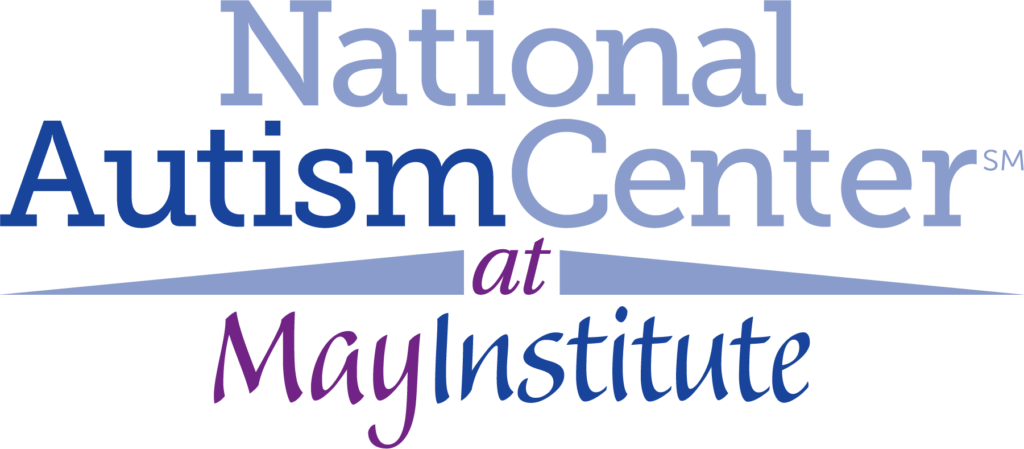Recent posts
Commentary: Vaccinations Are Not Responsible for Autism or the Increase in Autism Prevalence Rates
Commentary, Randolph, Mass. – Vaccinations are not responsible for autism or the increase in autism prevalence rates.
The inaccurate link between vaccines and autism stems from a widely discredited study published in 1998 that falsely reported that the MMR vaccine caused autism. The researcher who published this study, Andrew Wakefield, has since lost his medical license and his theory has been repeatedly debunked by science. The journal that published the study, The Lancet, retracted the paper in 2010. In addition, the General Medical Council in the United Kingdom, where the study ran, released a statement that Andrew Wakefield acted unethically.
There continues to be no research or evidence to support that the MMR vaccine, or any other vaccine, causes autism. In fact, there have been several well-controlled independent studies that disprove this theory and have not found any evidence to support a link between vaccinations and autism (World Health Organization, 2023). Researchers suspect that people have mistakenly associated the MMR vaccine with autism because signs of autism often first appear around 12 to 15 months of age, which is when the first dose of the vaccine is given.
The impact of the discredited study, and some parent’s subsequent decision to forgo the MMR vaccine for their children, led to significant measles outbreaks in different parts of the world. Measles, which is prevented by the MMR vaccine, can be fatal in children. In the UK, the Health Protection Agency attributed a large measles outbreak in 2008 and 2009 to a concurrent drop in the number of children receiving the MMR vaccine. Measles outbreaks in Canada and the United States also rose because of parents’ refusal to vaccinate.
We are seeing more autism diagnoses for many reasons including increased awareness, better methods for screening, and broader diagnostic criteria. Due to increased awareness, caregivers and health providers are quicker to recognize the signs of autism, which allows them to identify ASD earlier in life. Additionally, it is now standard practice for children to be screened for autism at their 18-month and 24-month wellness checkups. Further, the diagnostic criteria for autism significantly broadened and now includes a wider range of symptoms and severity. All of this means that more children are being diagnosed and are being diagnosed at an earlier age. Leaders in the field of autism, like at the National Autism Center, know that early intervention is the key to success. Early childhood is a critical time for brain development, and access to interventions during this timeframe leads to stronger communication and social skills, and maximizes the potential for a better quality of life.
A small percentage of parents in the U.S. chooses to not vaccinate their children for many reasons. Fear of their child getting autism from any vaccine should not be one of them. The idea that vaccinations are responsible for an increase in autism is inaccurate and has put a generation of children at risk for developing potentially fatal childhood diseases which can be prevented with vaccines.
Parents want the best for their children and look to leaders to help them make important decisions about their health and well-being. The National Autism Center at May Institute encourages parents to have their children vaccinated as recommended by their pediatricians.

